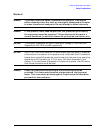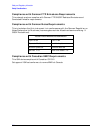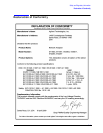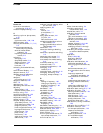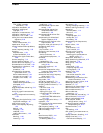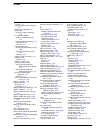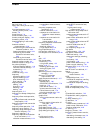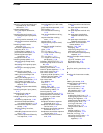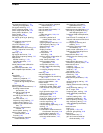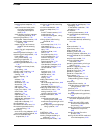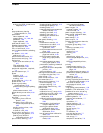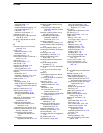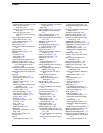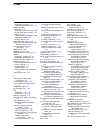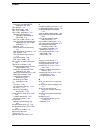
Index-12
Index
creating a user-defined TRL
calibration kit
, 6-50
TRL options
, 7-76
TRL terminology
, 7-68
TRL* error model
, 7-68
TRL*/LRM* calibration
, 7-67
fabricating and defining
calibration standards for
TRL/LRM
, 7-74
how TRL*/LRM* works
, 7-68
improving raw source match and
load match for TRL*/LRM*
calibration
, 7-71
isolation
, 7-69
source match and load match
,
7-70
TRL calibration procedure
, 7-72
TRL options
, 7-76
TRL standards, requirements
,
7-72
TRL terminology
, 7-68
TRL* error model
, 7-68
TRL*/LRM* two-port calibration
,
7-55
TRM error correction
, 6-54
assigning standards to various
TRM classes
, 6-55
creating a user-defined TRM
calibration kit
, 6-54
labeling the calibration kit
, 6-55
labeling the classes
, 6-55
modifying the standard
definitions
, 6-54
performing the TRM
calibration
, 6-56
TTL
I/O menu
, 1-108
input decision making
, 1-108
out menu
, 1-112
output for controlling
peripherals
, 1-108
tuned receiver mode
, 2-27, 2-29,
7-84
in-depth description
, 7-85
test setup, typical
, 7-84
two sources
addressing and configuring
,
2-30
two-port calibration, full
, 7-55
two-port calibration, TRL*/LRM*
,
7-55
two-port error model
, 7-47
type-N connector sex
clarifying
, 6-4
types of error correction
, 6-10
U
uncoupling display markers
, 1-31
understanding power ranges
, 7-9
understanding S-parameters
,
7-20
upper stopband parameters
, 1-69
using continuous correction mode
,
6-38
using direct sampler access
configurations
, 5-17
using external calibration
, 5-13
using fast 2-port calibration
, 5-13
using sample-and-sweep
correction mode
, 6-36
using swept list mode
, 5-10
detecting IF delay
, 5-11
using the parallel port
, 7-80
copy mode
, 7-80
GPIO mode
, 7-81
V
vector error-correction
, 7-7
verification, performance
, 5-5
verifying performance
, 7-65
vertical axis
, 3-13, 3-14, 3-16,
3-20, 3-22
viewing a single measurement
channel
, 5-13
viewing plot files on a PC
, 4-22
using AmiPro
, 4-23
using Freelance
, 4-23
W
what you can save to a computer
,
4-37
what you can save to a floppy disk
,
4-37
what you can save to the
analyzer’s internal memory
,
4-36
widening the system bandwidth
,
5-12
windowing
, 3-27
finite impulse width (or rise
time)
, 3-27
sidelobes
, 3-27



